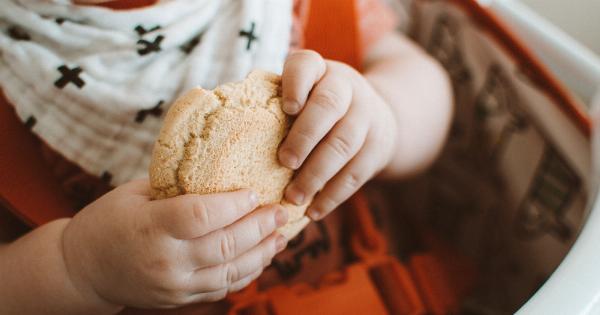As a parent, you want the best for your baby. You carefully select their clothes, toys, and activities. But have you considered the amount of sugar in their food?.
Sugar is everywhere, and it can be difficult to know how much is too much. Many baby foods contain added sugars, even those marketed as “healthy” or “organic.”.
Why is sugar in baby food?
Many baby foods are sweetened to make them more palatable and appealing to babies. In some cases, sugar is added to mask the taste of certain ingredients or to improve the texture of the food.
Unfortunately, this can lead to babies developing a taste for sweet foods, which can make it more difficult for them to enjoy and accept other flavors later in life.
It can also contribute to the development of tooth decay, obesity, and other health problems.
How much sugar is too much?
Babies do not need any added sugar in their diets. The American Heart Association recommends that children under the age of 2 consume no more than 6 teaspoons of added sugar per day.
Unfortunately, many baby foods contain much more than this. For example, some fruit-based baby purees can contain up to 7 teaspoons of sugar per serving.
How to spot added sugars in baby food
When looking at the ingredients list on a baby food label, it can be difficult to distinguish between natural sugars and added sugars. Here are a few things to look out for:.
- Ingredient names that end in -ose, such as sucrose, fructose, and glucose.
- Ingredients such as corn syrup, high fructose corn syrup, and brown rice syrup.
- Fruit purees listed as ingredients without specifying the type of fruit, as these may contain added sugars or fruit juice concentrate.
It’s important to note that not all baby foods with added sugars are unhealthy. For example, some baby yogurts contain added sugar, but they also provide beneficial nutrients such as calcium and protein.
How to reduce your baby’s sugar intake
Here are a few ways you can reduce the amount of added sugar in your baby’s diet:.
- Choose baby foods with no added sugars or with only small amounts of added sugars.
- Make your own baby food using fresh fruits and vegetables.
- Offer your baby plain yogurt or foods with no added sweeteners.
- Avoid giving your baby juice or sweetened beverages.
Conclusion
As a parent, it can be overwhelming to navigate the complicated world of baby food. However, taking the time to read labels and reduce your baby’s sugar intake can have a significant impact on their health in the long run.
By choosing baby foods with no added sugars or making your own baby food using fresh ingredients, you can help your baby develop a taste for healthy foods and avoid the negative health effects of excessive sugar consumption.





























